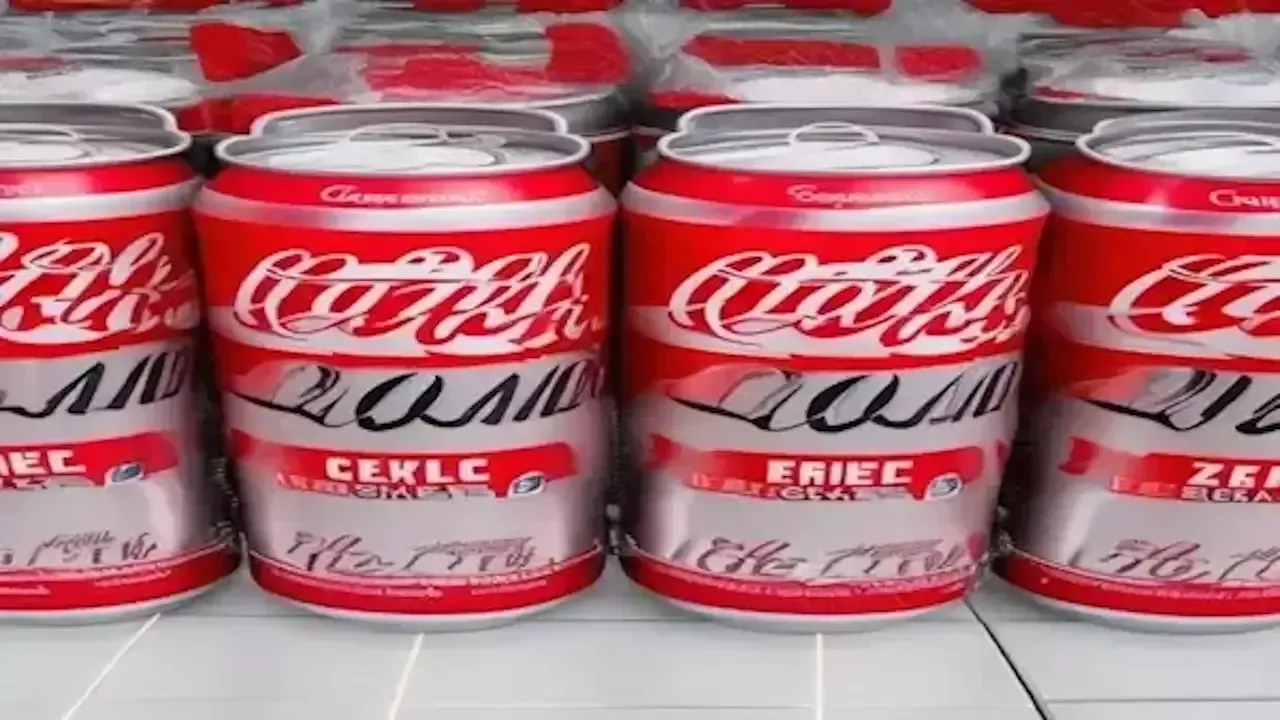The Diet Coke Shortage of 2023:
As the year 2023 unfolds, an unexpected and concerning trend has emerged—the Diet Coke shortage. This beverage, a favorite among millions, has seen a decline in availability that has raised questions and concerns. In this article, we delve into the intricacies of the Diet Coke shortage, exploring its root causes, the impact on various industries, and potential solutions to mitigate its effects.
 |
| Diet Coke Shortage of 2023 |
Table of Contents
- Root Causes of the Diet Coke Shortage
- Impact on Consumers and Businesses
- Effects on the Beverage Industry
- Proposed Solutions and Future Outlook
- Questions and Answers
- Conclusion
Root Causes of the Diet Coke Shortage
The Diet Coke shortage of 2023 can be attributed to a confluence of factors that have disrupted the beverage supply chain. One major contributor is the global aluminum shortage, which has led to difficulties in sourcing enough cans to package Diet Coke and other carbonated drinks. Additionally, supply chain disruptions related to the ongoing pandemic have further strained production and distribution networks.
Furthermore, shifts in consumer preferences towards healthier beverage alternatives have led to increased demand for other products, causing manufacturers to allocate resources to meet this changing market demand. As a result, the production of Diet Coke has taken a hit, exacerbating the shortage.
Impact on Consumers and Businesses
The Diet Coke shortage has not only frustrated consumers who have come to rely on their daily dose of the beverage but has also impacted businesses across the spectrum. Restaurants and fast-food chains, which often serve Diet Coke as a popular option, have had to inform customers of its limited availability or remove it from their menus altogether.
Consumers, in turn, have had to alter their preferences, either opting for alternative beverages or facing the disappointment of empty store shelves. This shift in consumption patterns has had ripple effects, with manufacturers and retailers experiencing fluctuations in demand for other related products.
Effects on the Beverage Industry
The Diet Coke shortage has illuminated the vulnerabilities within the beverage industry's supply chain. It has highlighted the industry's heavy reliance on a steady supply of aluminum cans and the importance of diversifying packaging options to mitigate such shortages in the future.
Furthermore, beverage companies are reevaluating their production and distribution strategies to adapt to changing consumer behaviors and preferences. This shortage serves as a reminder that flexibility and the ability to pivot are crucial for long-term success in a dynamic market.
Proposed Solutions and Future Outlook
Addressing the Diet Coke shortage requires a multi-faceted approach. Beverage companies are exploring alternative packaging solutions, such as glass bottles or eco-friendly containers, to reduce reliance on aluminum cans. Additionally, investments in domestic can production facilities aim to enhance the industry's self-sufficiency.
Technological advancements in supply chain management and production efficiency are also being pursued to minimize the impact of future disruptions. Collaborative efforts between manufacturers, distributors, and retailers are crucial to ensure a more resilient and adaptable beverage supply chain.
Questions and Answers
Why is there a shortage of Diet Coke in 2023?
The Diet Coke shortage of 2023 can be attributed to various factors, including the global aluminum shortage, supply chain disruptions, and shifting consumer preferences towards healthier beverages.
How are businesses coping with the shortage?
Businesses, especially restaurants and fast-food chains, have had to adjust by either informing customers of limited Diet Coke availability or removing it from their menus. Some are promoting alternative beverage options to meet customer demands.
What lessons can the beverage industry learn from this shortage?
The beverage industry has realized the importance of diversifying packaging options and investing in domestic production facilities. Additionally, the need for agility and adaptability in response to changing consumer trends has been underscored.
Are there long-term solutions to prevent similar shortages?
Yes, long-term solutions include exploring alternative packaging materials, enhancing domestic production capabilities, and leveraging technology for better supply chain management. Collaborative efforts across the industry are crucial to building a more resilient future.
Conclusion
The Diet Coke shortage of 2023 serves as a stark reminder of the intricate web that forms the global beverage supply chain. It highlights the need for proactive measures to address disruptions and build a more adaptable industry. As beverage companies continue to innovate and collaborate, the lessons learned from this shortage will pave the way for a more resilient and responsive future, ensuring that the beloved Diet Coke remains readily available to its dedicated consumers.
As we navigate the ever-evolving landscape of consumer preferences and supply chain dynamics, the Diet Coke shortage stands as a testament to the industry's ability to learn, adapt, and thrive in the face of challenges.


